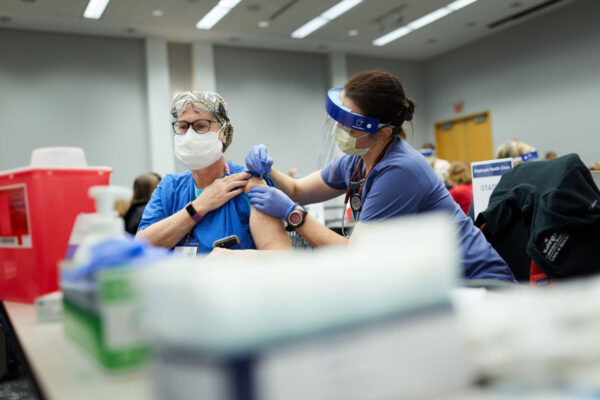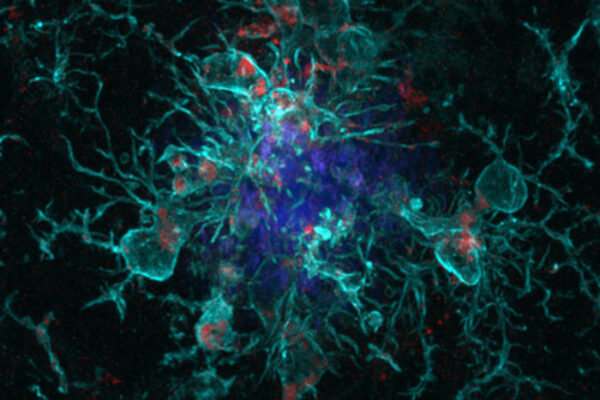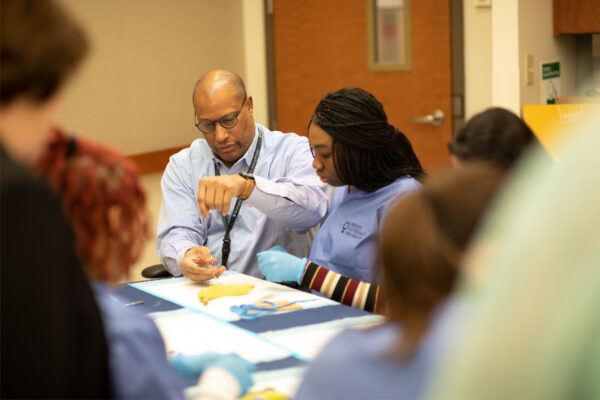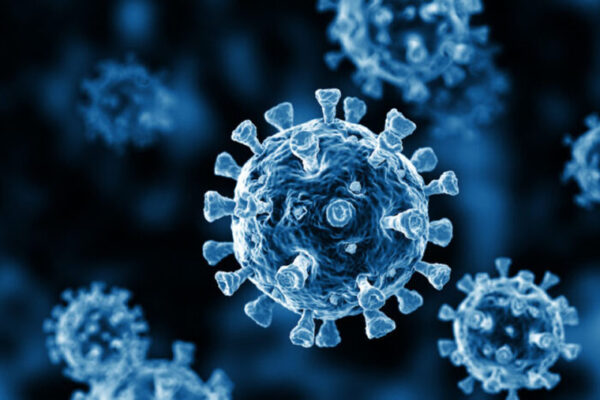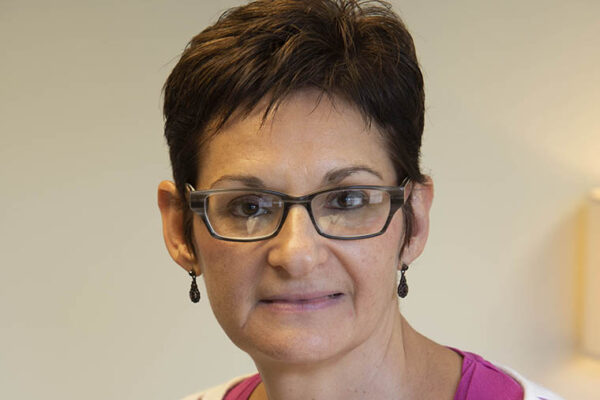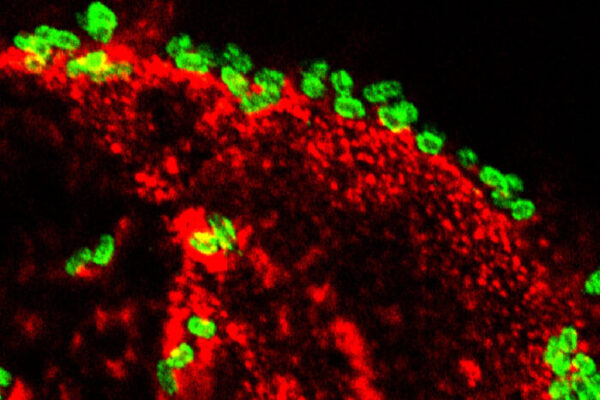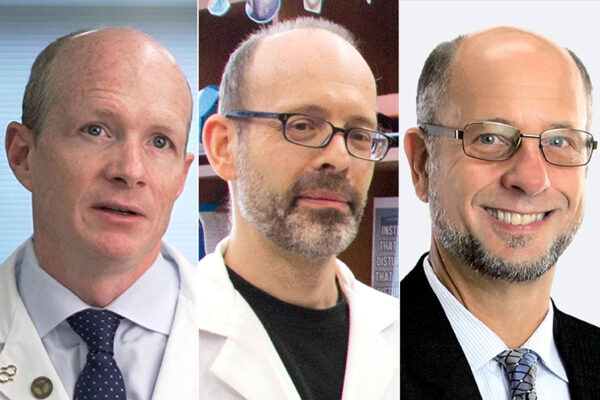Don receives award from pediatric radiology society
Steven Don, MD, associate professor of radiology and of pediatrics at Washington University School of Medicine in St. Louis, has received the 2020 Pioneer Award from the Society for Pediatric Radiology for his innovative work in the development of digital radiography and digital imaging.
Researchers to work with parents, teachers on COVID-19 testing communications
Researchers at the Brown School are conducting discussion groups with parents and staff in the Special School District of St. Louis County to develop communication tools surrounding COVID-19 testing and vaccination. The research is funded by a two-year, $5 million grant from the National Institutes of Health to the Washington University School of Medicine in St. Louis to offer 50,000 saliva tests to students, teachers and staff in the six special education schools operated by the district.
Historic, hopeful moment arrives on Medical Campus
As part of a historic effort to end the COVID-19 pandemic, health-care personnel at the School of Medicine and BJC HealthCare have begun receiving the first doses of a vaccine against the SARS-CoV-2 virus.
Protein involved in removing Alzheimer’s buildup linked to circadian rhythm
Researchers at Washington University School of Medicine have discovered a protein that links the amyloid-removal process to the circadian clock. The protein, YKL-40, could help explain why people with Alzheimer’s frequently suffer from sleep disturbances — and provide a new target for Alzheimer’s therapies.
Eric W. Carson
At the School of Medicine, orthopedic surgeon Eric W. Carson aims to increase diversity and mentorship in medicine.
COVID-19 patients at higher risk of death, health problems than those with flu
A deep dive into federal medical data, conducted by researchers at the School of Medicine, found that COVID-19 is much deadlier and causes more health problem for patients than the seasonal flu does.
Luby honored for advancing understanding of brain, behavior disorders
Joan L. Luby, MD, the Samuel and Mae S. Ludwig Professor of Psychiatry at Washington University School of Medicine in St. Louis, has received the Ruane Prize for Child & Adolescent Psychiatry from the Brain & Behavior Research Foundation.
Toxin provides clues to long-term effects of diarrhea caused by E. coli
A study from researchers at Washington University School of Medicine in St. Louis has found that a toxin produced by E. coli changes intestinal cells to benefit itself, an ability that could provide a clue to why the bacteria have been linked to nutritional problems such as malnutrition and stunted growth.
Monitoring labor in pregnancy aim of grant to develop imaging technology
Researchers at Washington University’s School of Medicine and McKelvey School of Engineering plan to develop a portable, inexpensive and noninvasive 3D imaging system designed to monitor women’s progression during labor. The technology aims to improve maternal and infant health outcomes in underserved regions.
Bateman, Diamond, Hultgren named to National Academy of Inventors
Washington University School of Medicine in St. Louis faculty members Randall J. Bateman, MD, Michael S. Diamond, MD and Scott Hultgren have been elected fellows of the National Academy of Inventors, the highest professional distinction accorded solely to academic inventors.
View More Stories


